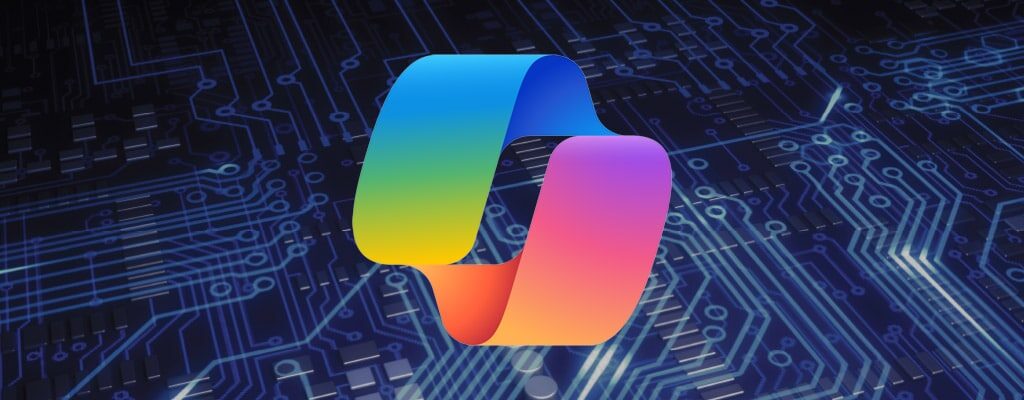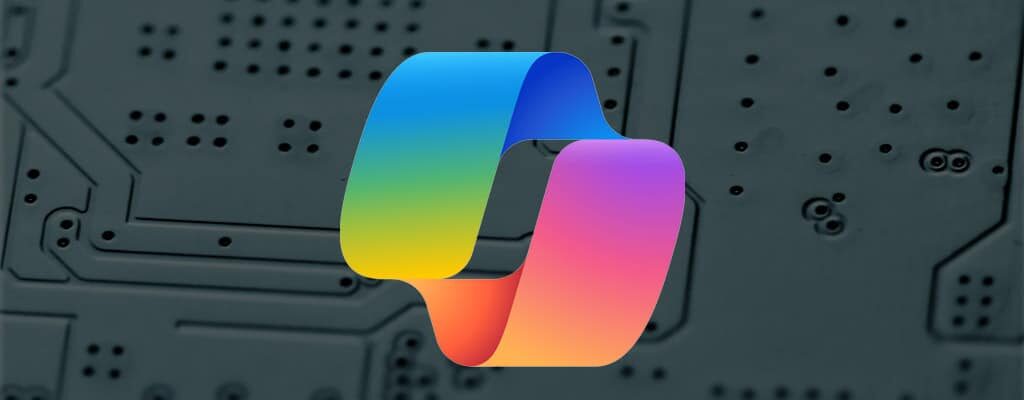Which IT Trends Will Emerge by 2020?
Contents
Today’s executives and IT professionals face a dilemma. They must choose between rushing forward to adopt new technology, or making the most of yesterday’s IT solutions while hoping to not lose ground to competitors.
This dilemma isn’t new, but there’s more at stake than ever before. In the world of cybersecurity, 2020 is likely to be a year of abrupt changes and deepening consequences.
Businesses already have to worry about hackers and cybercriminal organizations on a global scale as well as disgruntled employees and contractors coming from within the ranks. The need to identify IT security trends and adhere to them is clear.
The organizations that implement the latest technological infrastructures will have access to the best cybersecurity tools for dealing with these problems. But at the same time, they risk the most when those new systems and frameworks don’t work as advertised.
But there is a way between these two extremes, and it stands to become the hallmark IT security trend of the next few years. Managed network services allow businesses to enjoy access to the latest technology while minimizing risk and remaining flexible with deployment.
Specific IT Trends – Security, Compliance, and Cloud Technology
While tech professionals are likely to associate future IT trends with headline-making topics like artificial intelligence and the Internet of Things, the most important developments will be in three areas that businesses are already familiar with. Security, compliance, and cloud technology vendors must offer services that meet organizations’ security and efficiency needs.
1. Security
In the world of cybersecurity, the primary threat that businesses have to face is connectivity. As a result of the new and rapidly developing level of connectivity that most organizations enjoy, cybercriminals have unprecedented access into nearly every aspect of an organization’s daily workload, and all it’s data.
Protecting against tomorrow’s security threats means developing sophisticated, multi-layered defenses and hiring highly skilled talent to keep systems secure. The problem is that there is a serious skills gap when it comes to cybersecurity. This will push organizations towards managed network solutions that can retain hard-to-find security talent.
2. Compliance
The implementation of Europe’s GDPR was one of the major headline-making events of 2018. While this doesn’t directly affect North American organizations and their domestic users, it points in a direction that does.
The digital privacy model of the United States is far behind that of Europe. It is unlikely that the situation can stay that way for long. Organizations across the entire economy may soon have to deal with stringent data protection requirements similar to those already in place for healthcare, financial, and legal institutions.
3. Cloud Technology
Data security governance goes hand in hand with cloud technology, which needs to be able to meet the needs of tomorrow’s governance standards. As businesses use cross-platform tools more frequently, they will need to develop solutions for maintaining security, consistency, and compliance throughout their entire cloud-based networks.
These solutions may include technologies such as application security self-testing or sophisticated multi-layered firewalls. Cloud technology has to keep up with the needs of tomorrow’s security and data compliance landscape, and if today’s providers don’t succeed, new ones will rise to the challenge.
How Will Managed Network Services Impact Cybersecurity Trends in 2020?
In order to succeed in tomorrow’s cybersecurity landscape, businesses will need to remain resilient. There will be more powerful and sophisticated attempts to break this resilience than ever before.
Cybercriminals have already shown some organizations what to expect. New “hybrid” cyberattacks combine traditional scams and thievery with high-tech attack vectors to expose victims’ weaknesses. In some cases, even employees’ physical safety is threatened in order to generate a sense of panic throughout the organization.
Adequately protecting against these attacks will increasingly fall beyond the scope of most organizations’ existing network infrastructures. With coordinated hybrid cyberattacks on the rise, experts’ IT security predictions point to the need for a robust, multi-layered security solution operated by a reputable vendor.
Managed network services allow businesses to use the latest technological tools without having to go through risky and complicated implementation processes on a regular basis. By outsourcing the service to a reputable vendor, the organization can simply use the latest technologies available while relying on their vendor for updates, hardware replacement, and technical support.
Find Out More About Managed Network Solutions
Managed network services are the only solution that can reasonably meet tomorrow’s stringent needs in security, compliance, and cloud technology. Organizations have to adopt solutions that give them flexible access to the best equipment while minimizing risk. The ability to deploy new IT solutions and scale networking usage easily will be vital to cybersecurity in 2020.
Is it time you put your organization on the path to future-proof cybersecurity? Talk to one of our IT experts at Kelley Create to get started.



